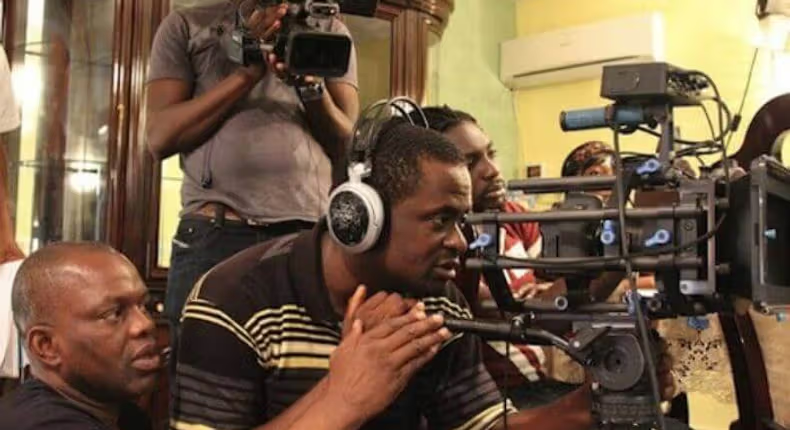Filmmakers and industry stakeholders have urged the Federal Government to retain the National Film and Video Censors Board (NFVCB) despite plans to dissolve it as outlined in the Oronsaye Report. They argue that the NFVCB plays a crucial role in regulating Nigeria’s film industry, Nollywood, which is a significant contributor to the national economy and a major employer of labor.
Veteran filmmaker Paul Apel-Papel emphasized the board’s role in maintaining the industry’s standards and advocated for its continued existence, even suggesting the establishment of a dedicated ministry for Nollywood. He highlighted the board’s importance in fostering the industry’s growth and promoting Nigeria’s image globally.
Habib Mohammed, National President of the Motion Picture Practitioners Association of Nigeria (MOPPAN), expressed concerns that merging the board into a ministry would set back the industry’s progress. He urged policymakers and the National Assembly to ensure the board retains its independent statutory position.
Emeke Aduah, acting President of the Film Video Producers and Marketers Association of Nigeria (FVPMAN), warned that dissolving the board could lead to increased piracy and a surge of illicit films, jeopardizing the industry’s integrity and investment.
The recent directive by George Akume, Secretary to the Government of the Federation, to dissolve the NFVCB and subsume it within the Ministry of Arts, Culture, and Creative Economy, has faced backlash. Stakeholders argue that such a move should follow a legal process, including the repeal of the act that established the board. The Nigerian Senate has also called for a halt to the dissolution process, citing legal concerns.
The NFVCB, established by Act No.85 of 1993 (amended in 2004), is responsible for regulating the film and video industry in Nigeria, including classification and registration of films and video outlets.

